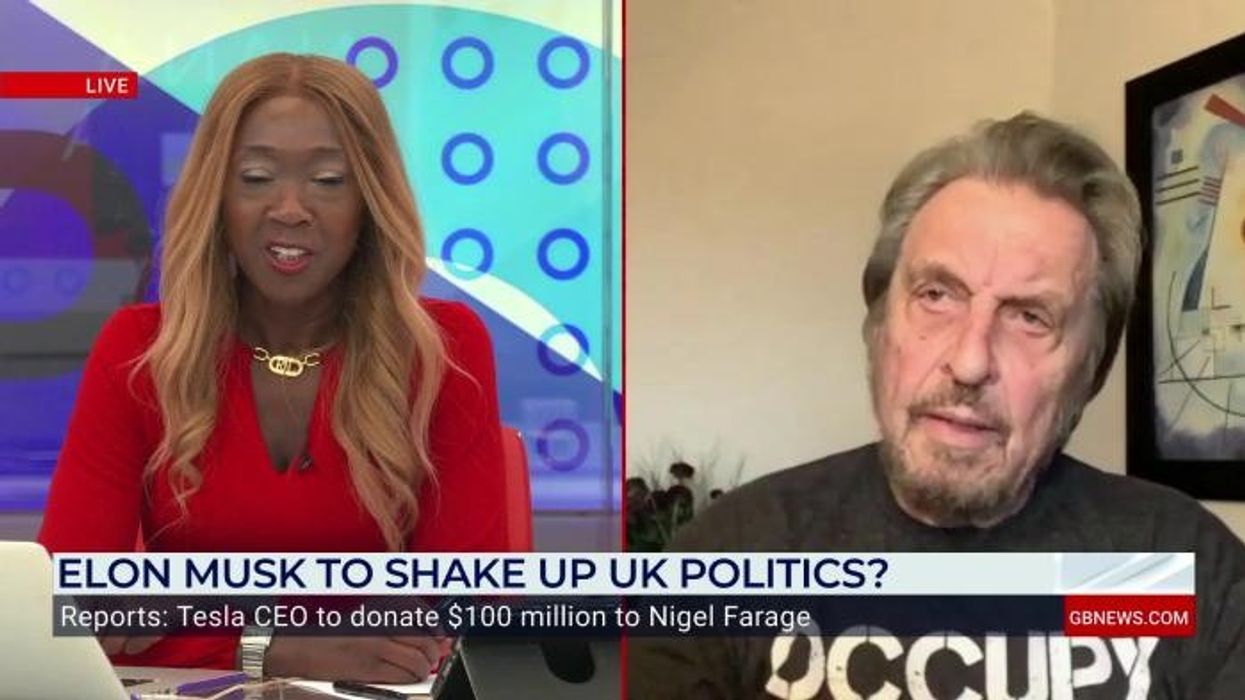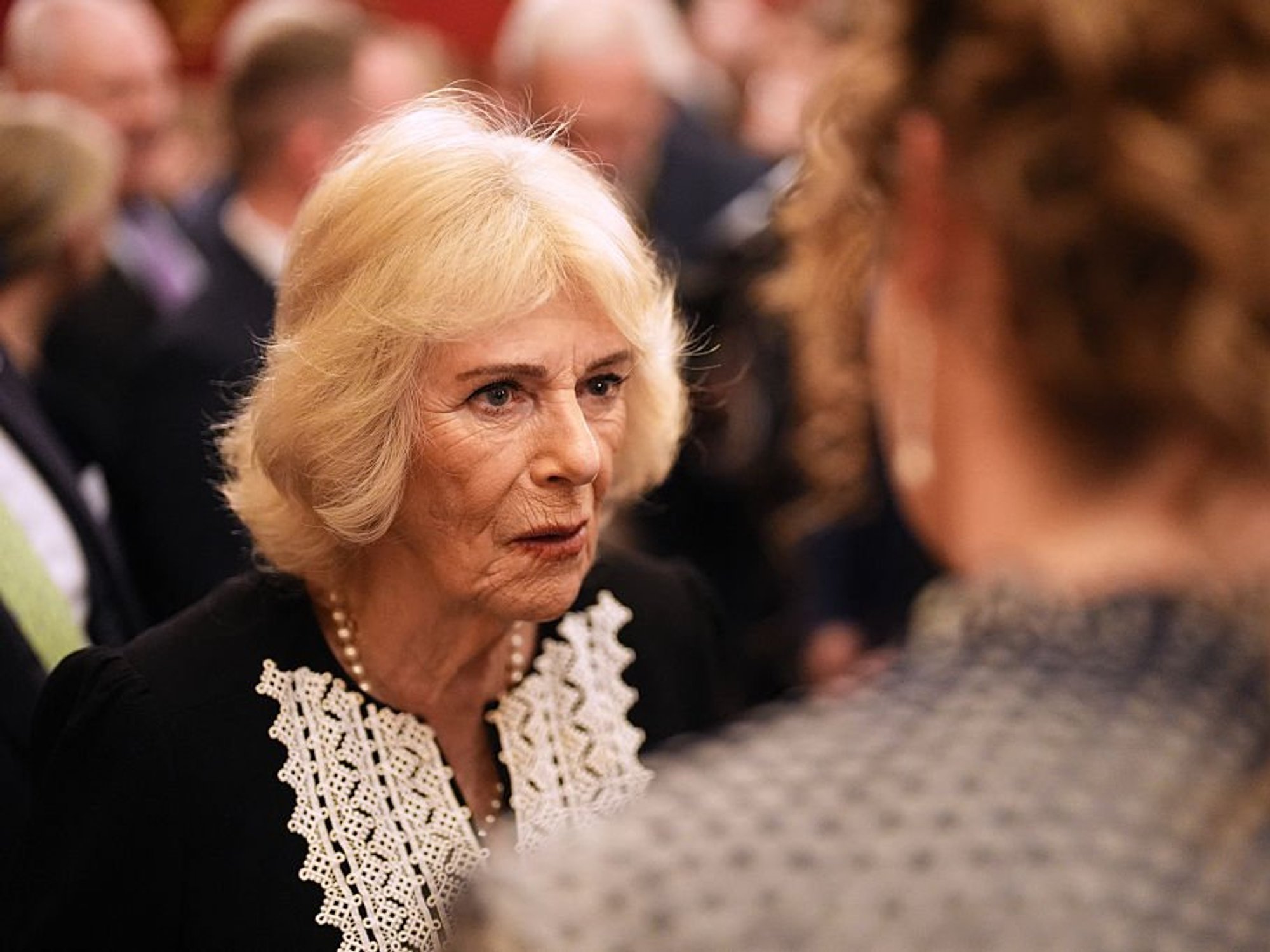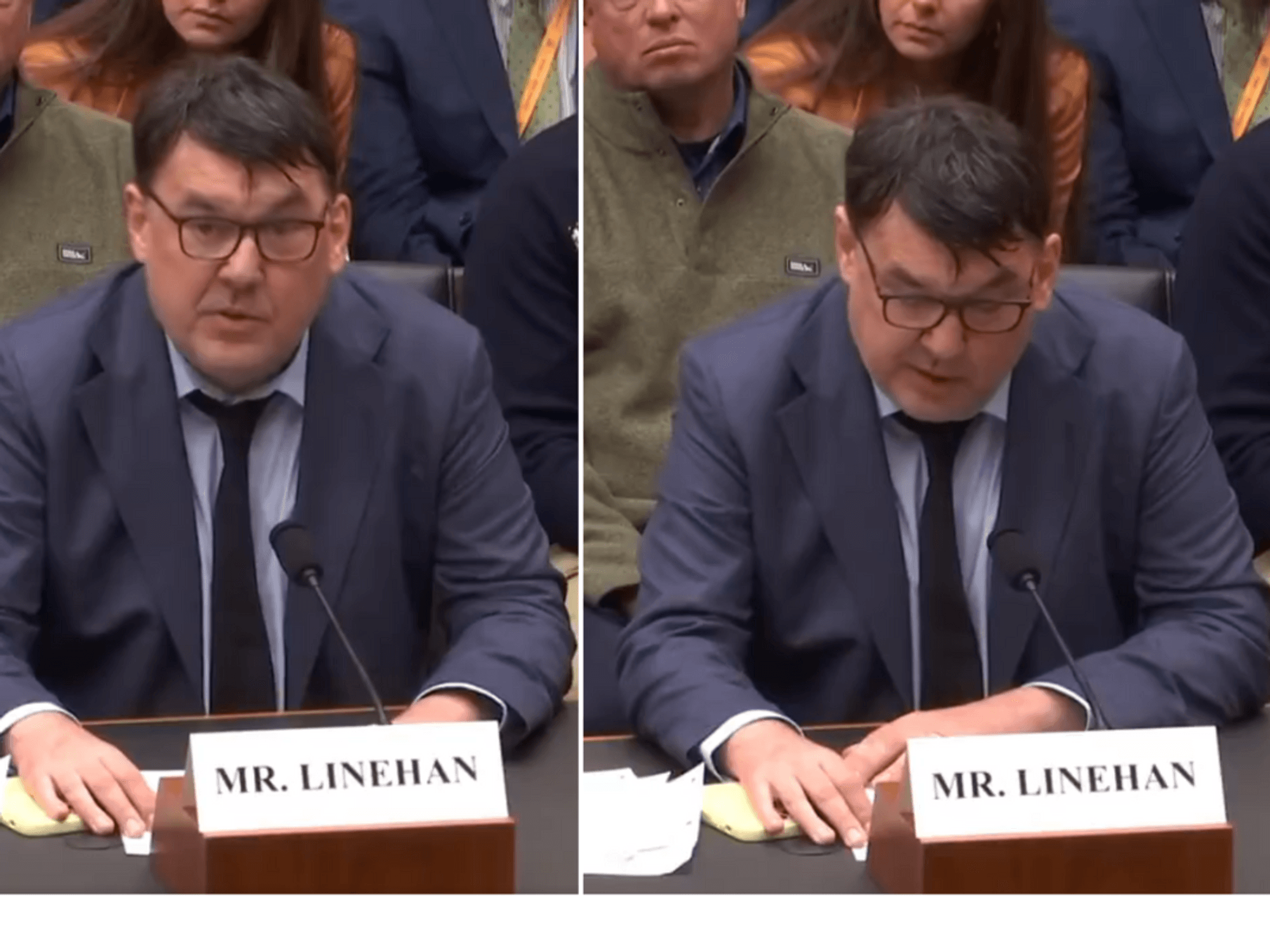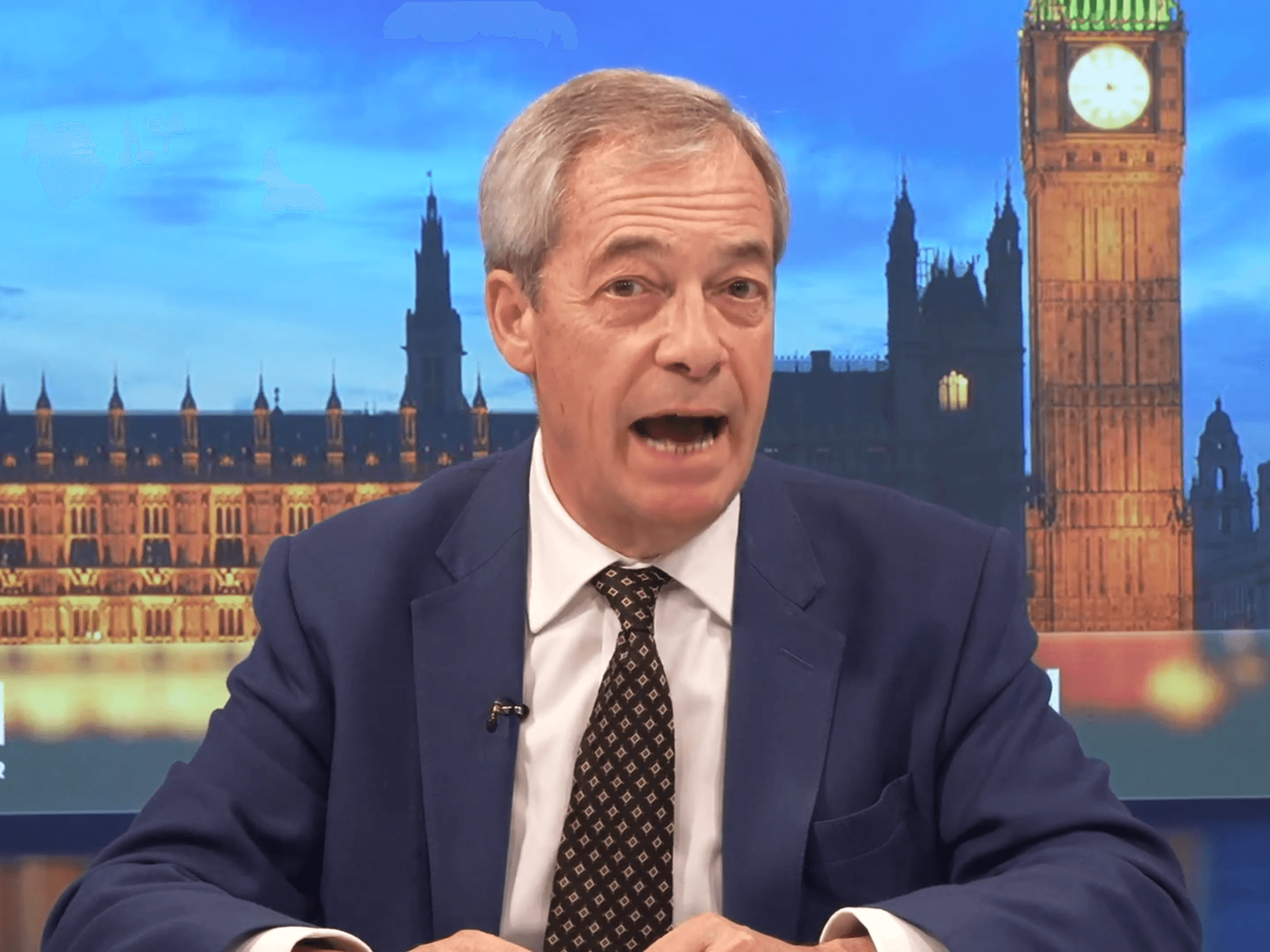Ethnic minorities cannot exist without the majority. So why does the Left deny Englishness? - Rakib Ehsan

Errol Musk says England is acting 'un-English' under Keir Starmer as Britain becomes a 'bad example' to the world |
GB
It is no surprise that some members of the titular nation of England find this incredibly degrading
Don't Miss
Most Read
Trending on GB News
In an era of significant population change, matters of national and ethnic identity in England have been thrust into the spotlight, with some of the political interventions not only being unhelpful but also incredibly divisive.
John McTernan, who was previously a political adviser to the Labour Party and Tony Blair’s director of political operations from 2005 to 2007, took to X last week to say that the concept of an ethnic English identity was “evil” and that there is no such thing as races and ethnicities.
All of this is rather contradictory, considering McTernan has said in the past that he supports the concept of Israel as a homeland for Jewish people.
So-called ‘progressive liberals’ – especially those associated with the ‘New Labour’ project defined by mass immigration and state-sponsored multiculturalism – have done much more harm than good when it comes to social cohesion in England.
Indeed, it is this remarkable demographic change combined with failed integration outcomes which risks fuelling the growth of the very ethno-nationalist politics they are so fearful of.

A minority cannot exist without a majority. So why do left-wing progressives deny Englishness? - Rakib Ehsan
|Getty Images
What certainly doesn’t help is denying the existence of an ethnic English grouping which has England as its ancestral nation. Would the likes of McTernan dare to behave this way towards the world’s other indigenous populations in relation to their respective ancestral homelands?
The truth is that there is an ethnic English group which derives from the fusion of two historical populations – the West Germanic tribes who settled in southern Britain after the withdrawal of the Romans and the somewhat Romanised Celtic/Ancient Britons who already lived there.
Collectively known as the Anglo-Saxons, the gradual consolidation of various kingdoms culminated in the full establishment of the Kingdom of England in 927 AD – a process which could not have taken place without a certain degree of social and cultural cohesion.
What followed was the Norman Conquest and the limited settlement of Normans in the late eleventh century, along with the arrival of a modest number of Huguenots between the sixteenth and eighteenth centuries who were fleeing Catholic persecution in mainland Europe.
This is essential to understanding how England came into existence and how it developed into an industrial and military powerhouse – reimagining it as ‘a land of immigrants’ that was built from nothing after WWII is nothing but ahistorical mythologisation. And it is no surprise that some would consider this to be an anti-white rewriting of English history.
The truth is that if England has ethnic minorities, then surely by definition, an ethnic English majority must exist?
Minorities cannot exist without the existence of a majority in the same society.
As someone of Bangladeshi Muslim heritage, England is certainly not my ancestral homeland – but it is my country of birth, and I do consider it to be a democratic national home which is deserving of care and protection.
There is no reason why we cannot have a civic nationalism for England where people of all races and ethnicities can buy into and appreciate quintessentially English norms, traditions, heritage, and customs. However, this is hugely difficult to maintain in a period of momentous demographic transformation.
To make matters worse, we have institutions which are hellbent on erasing Anglo-Saxon culture and identity from the history pages under the unholy trinity of ‘diversity, equality, and inclusion’. It is no surprise that some members of the titular nation of England find this incredibly degrading.
While they may believe themselves to be shining beacons of tolerance and inclusivity, the likes of McTernan are the exact opposite. Their views on national, ethnic, and racial identity are a fundamental threat to the common good in England.
More From GB News










